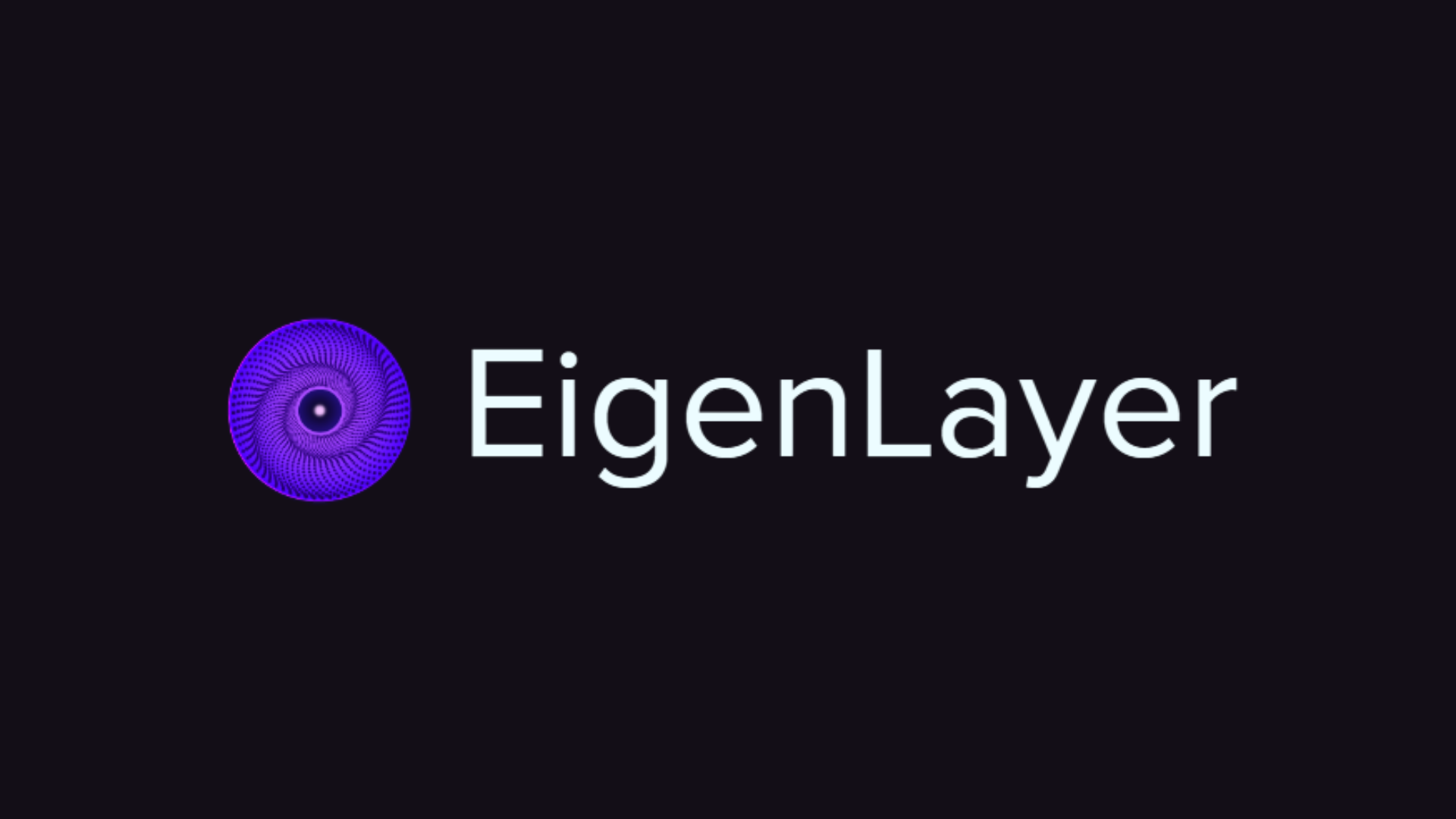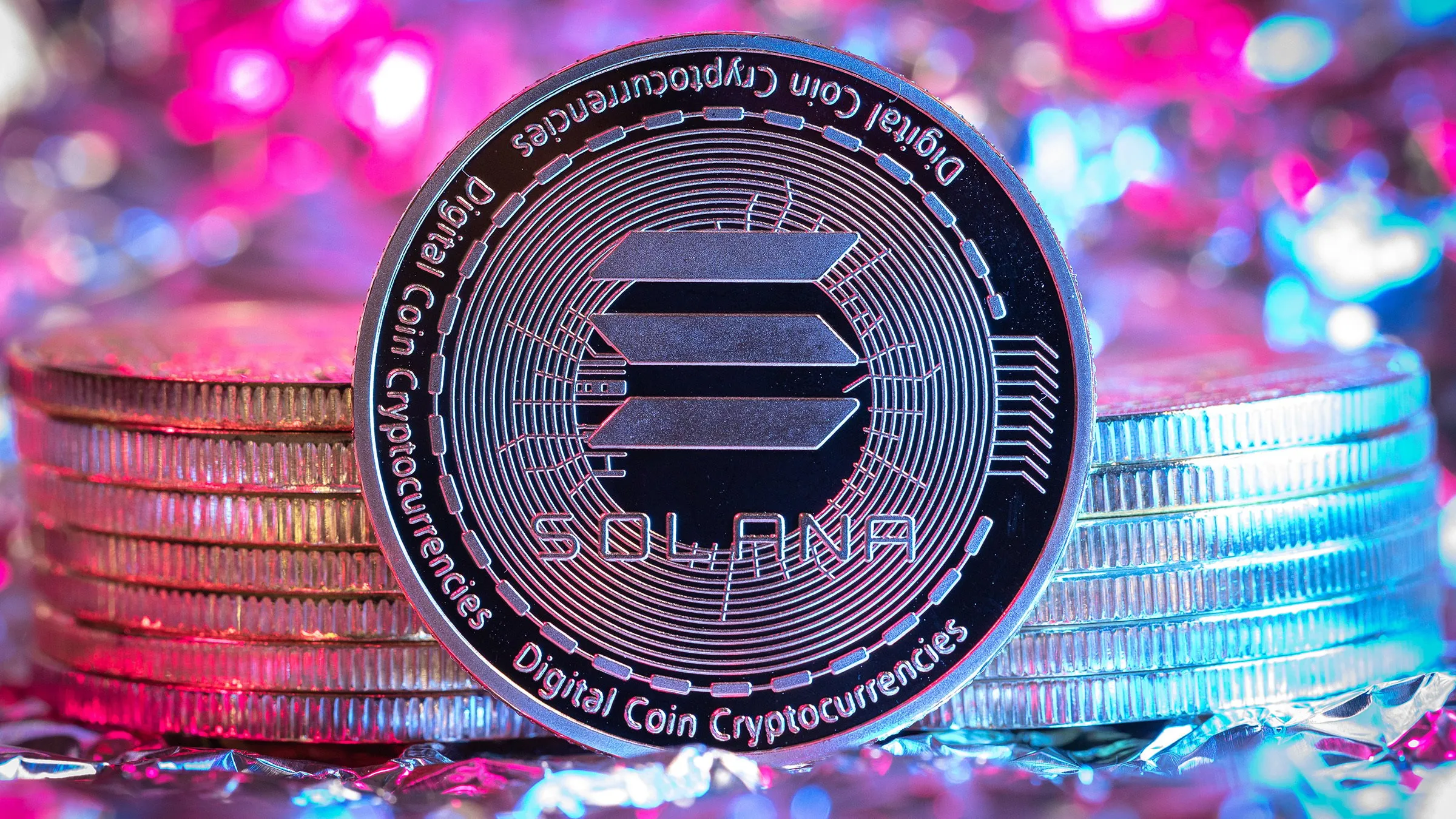|
Getting your Trinity Audio player ready...
|
In a groundbreaking development for blockchain communication, Ethereum’s re-staking protocol EigenLayer and cross-chain messaging protocol LayerZero have unveiled a new system to enhance the security of cross-chain communication. This joint initiative introduces the concept of “CryptoEconomic Decentralized Verifier Networks” (DVNs), designed to solve long-standing security challenges in the blockchain space.
The collaboration, announced by LayerZero Labs on October 2, aims to strengthen the security of cross-chain messaging by combining technical verification with cryptoeconomic incentives. This partnership addresses critical issues that have plagued cross-chain security, such as limited economic incentives, low participation in security measures, and inflexible security models.
DVNs: A New Era of Secure Cross-Chain Messaging
At the core of this innovative framework are decentralized verifier networks (DVNs), which rely on verifiers who stake assets as collateral to ensure the security of messages sent across different blockchains. The verifiers are motivated by the risk of financial penalties—commonly referred to as “slashing”—if they act dishonestly or make critical errors in the verification process.
These staked assets can include popular cryptocurrencies like Ether (ETH), as well as native tokens from the protocols themselves, such as EIGEN or ZRO. Once a message is sent between blockchains, the DVNs verify its authenticity. If any discrepancies arise, token holders are empowered to vote on whether the verifiers’ staked assets should be slashed.
This approach brings multiple benefits. Most notably, it increases security for cross-chain communication while also offering financial incentives for honest behavior. The system is also designed to be inclusive, allowing any blockchain or protocol to contribute by staking assets, while maintaining flexibility in how security is enforced.
An Open-Source Future for DVNs
One key feature of the DVN framework is its open-source nature, meaning that any team can build their own decentralized verifier network using their preferred assets for staking. This level of customization allows for application-specific security solutions, ensuring that DVNs can adapt to the unique needs of different blockchains and protocols.
Eigen Labs emphasized the added value this system brings. Previously, the security of verifying cross-chain messages relied solely on the built-in mechanisms of the respective networks. With EigenLayer’s re-staking mechanism, however, anyone can now contribute to the security of these messages by staking their assets, creating an additional layer of trust.
The Marketplace for Cross-Chain Verifiers
LayerZero’s interoperability protocol acts as a marketplace for DVN verifiers, with 35 entities currently participating. This includes ZK-proof-based teams like Polyhedra, multi-bridge attestations from Hashi, and major players like Google Cloud. As the DVN framework continues to evolve, LayerZero Labs predicts that blockchain communication will be defined by increased trust, transparency, and accountability.
While EigenLayer’s total value locked (TVL) currently sits at $10.8 billion, according to DefiLlama, this figure has seen a notable 50% drop over the past four months. However, with the introduction of the DVN framework, the collaboration between EigenLayer and LayerZero promises a more secure, reliable future for cross-chain communication, offering hope for renewed growth in the space.
A Step Toward a Secure, Interoperable Blockchain Future
The partnership between EigenLayer and LayerZero marks a significant advancement in the blockchain industry’s efforts to ensure secure, decentralized communication between networks. By leveraging the power of cryptoeconomics and open-source innovation, DVNs provide a scalable solution that brings blockchain ecosystems closer to a world where cross-chain messaging is safeguarded by trust and accountability.
Disclaimer: The information in this article is for general purposes only and does not constitute financial advice. The author’s views are personal and may not reflect the views of Chain Affairs. Before making any investment decisions, you should always conduct your own research. Chain Affairs is not responsible for any financial losses.
Crypto and blockchain enthusiast.




